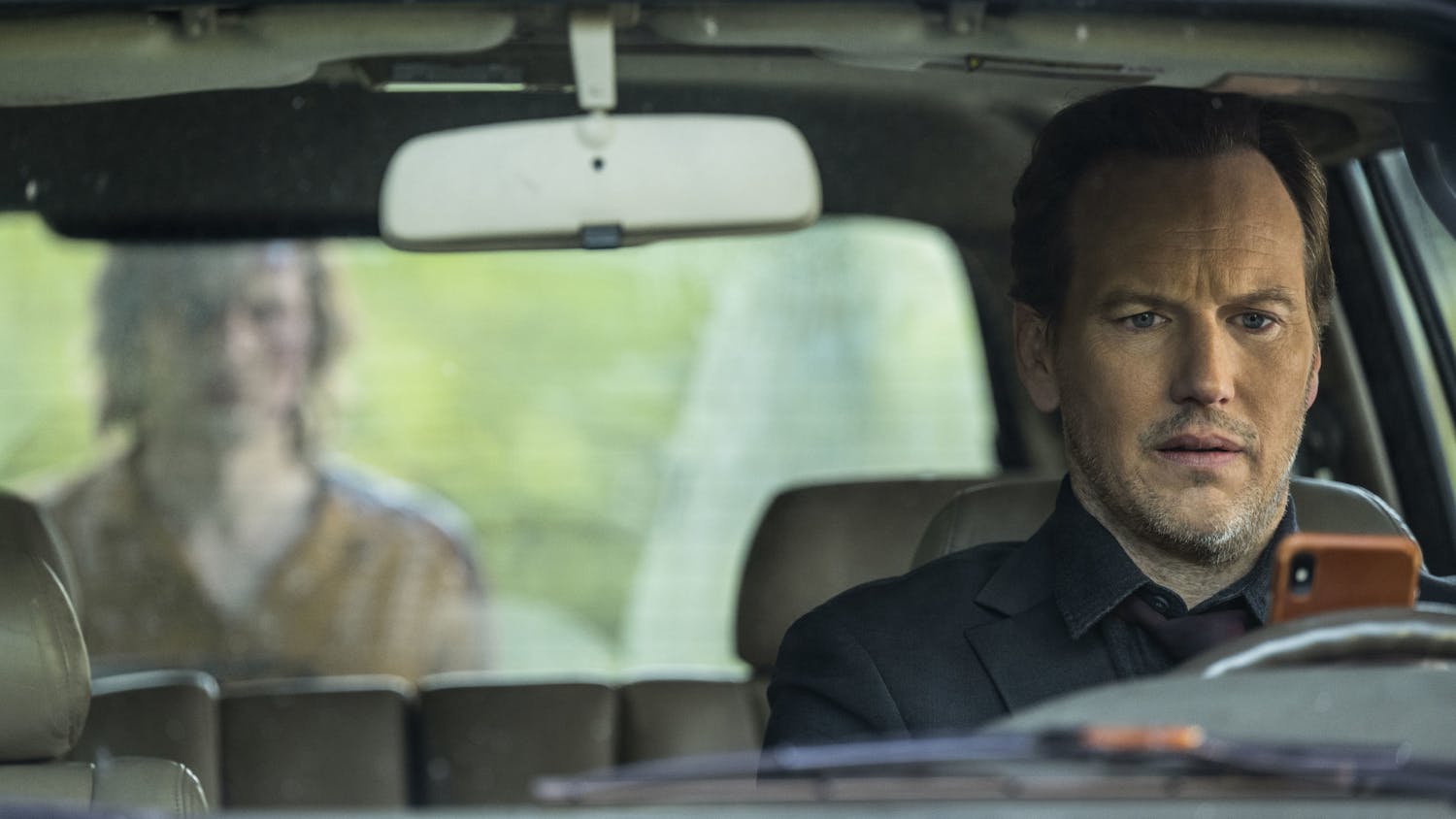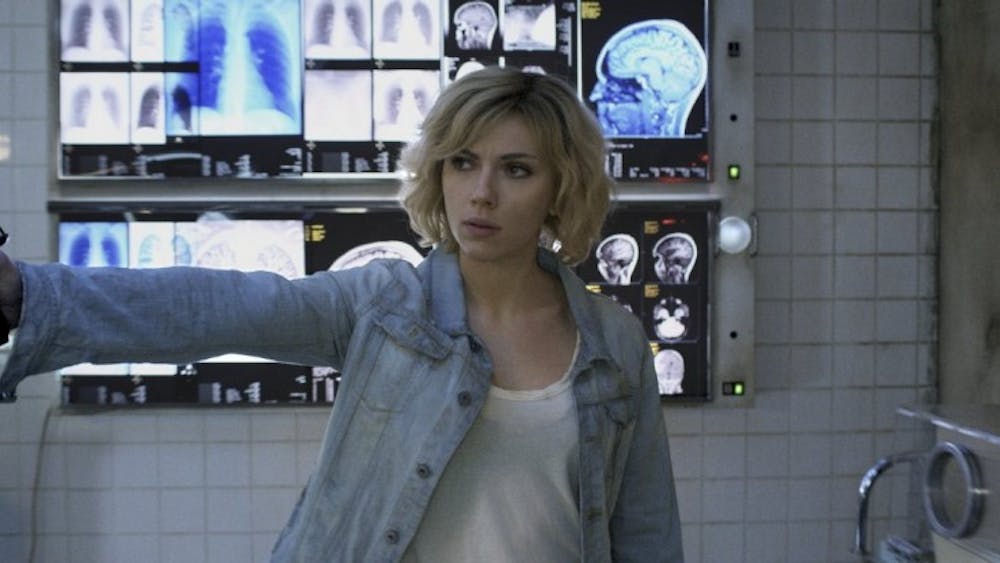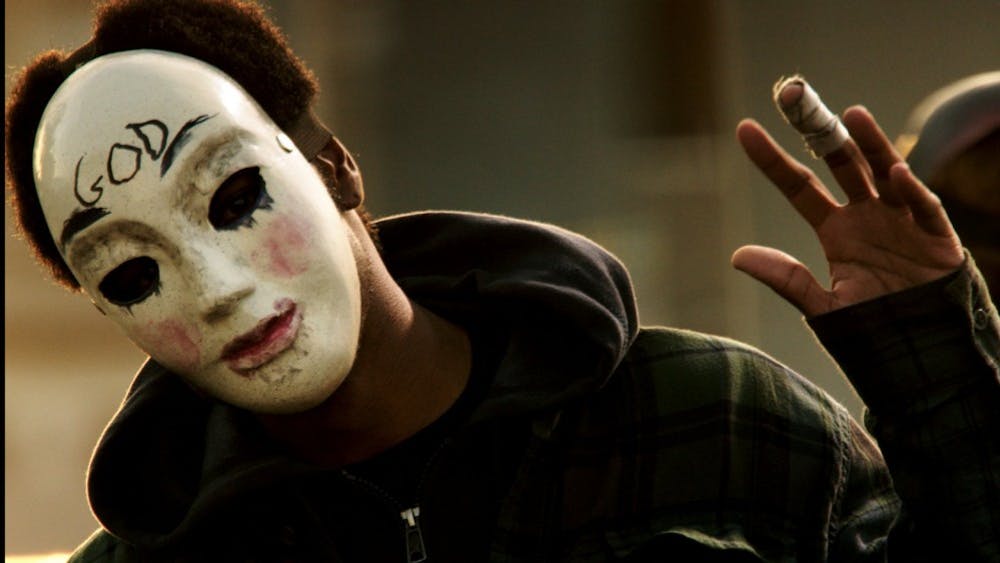If you have yet to see “Slumdog Millionaire,” director Danny Boyle’s “dramedy” about a slum boy from India who becomes a contestant on a game show, you’ve no doubt heard someone, somewhere, talking about the film.
Weeks ago, it was the critics who were abuzz, after “Slumdog” received 10 Oscar nominations, including Best Picture, Best Director and Best Musical Score.
More recently, it’s the people of India making the noise. They’re in a fury over how the movie depicts the slums and are accusing Boyle of exploiting India’s poorest populace.
It’s been said before that bad press can sometimes be good press, and maybe that’s true. I say don’t let any press deter you from seeing this impeccably-crafted movie.
“Slumdog” tells the story of Jamal Malik, played by Dev Patel, who played the part perfectly. When we first meet him, he’s a question away from winning the top prize on an Indian version of “Who Wants to Be a Millionaire.”
But no one on the show has ever done this before, and Jamal is thought to have cheated his way to the top.
From its opening moments, “Slumdog” grips your attention and never lets go. Both heartbreaking and heartwarming, the film has many elements of a Bollywood movie – including a fantastic soundtrack – without being contrived or flashy.
There’s violence and suspense but also laughter and love. After all, Jamal’s reason for going on “Millionaire” is to reunite with his childhood sweetheart Latika, played by Freida Pinto.
With a versatile collection of movies under his belt – this is, after all, the filmmaker who brought us “Trainspotting,” “Millions” and “28 Days Later” – Boyle seems drawn to creating films that challenge his audiences to see the world for what it is: beautiful, but also tough and unforgiving.
In “Slumdog,” Boyle is highlighting the disparity between rich and poor, but there’s still a greater theme at work here: hope. In today’s troubling times, who can argue with that?
One in a million
Get stories like this in your inbox
Subscribe





